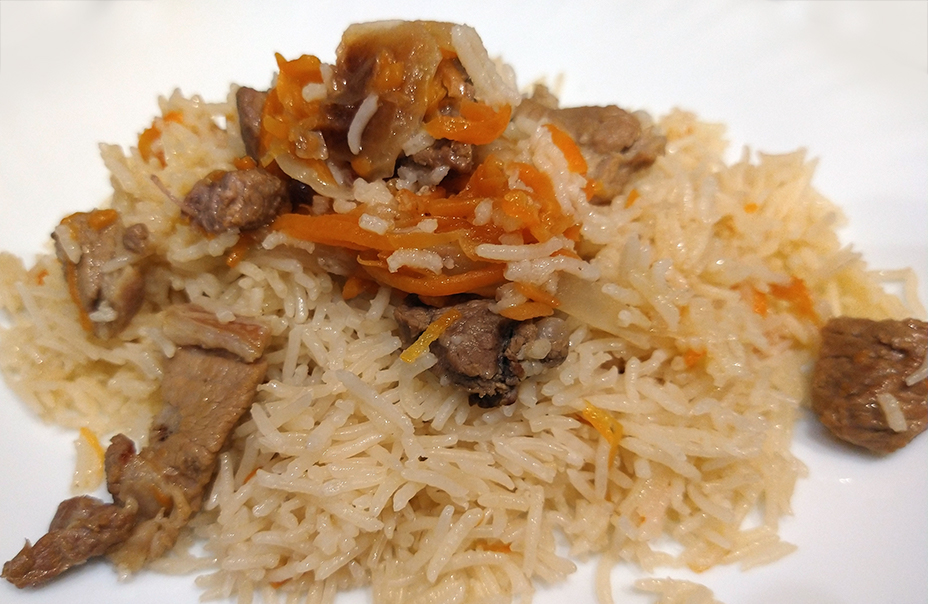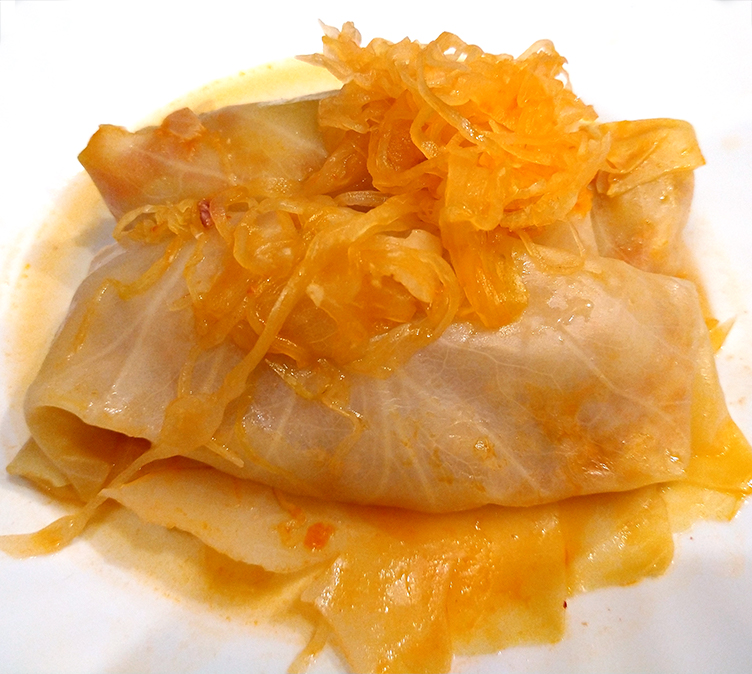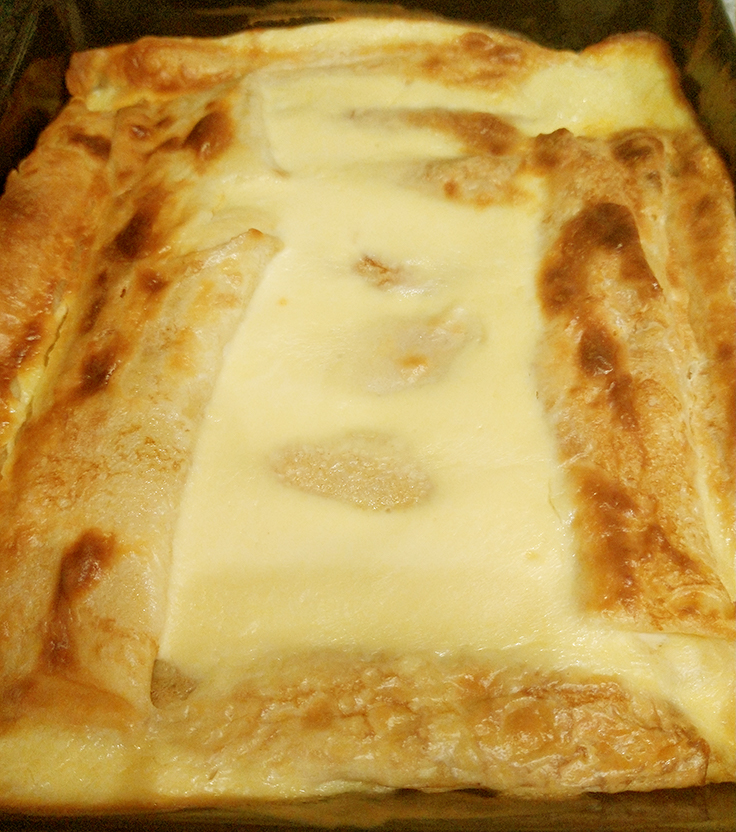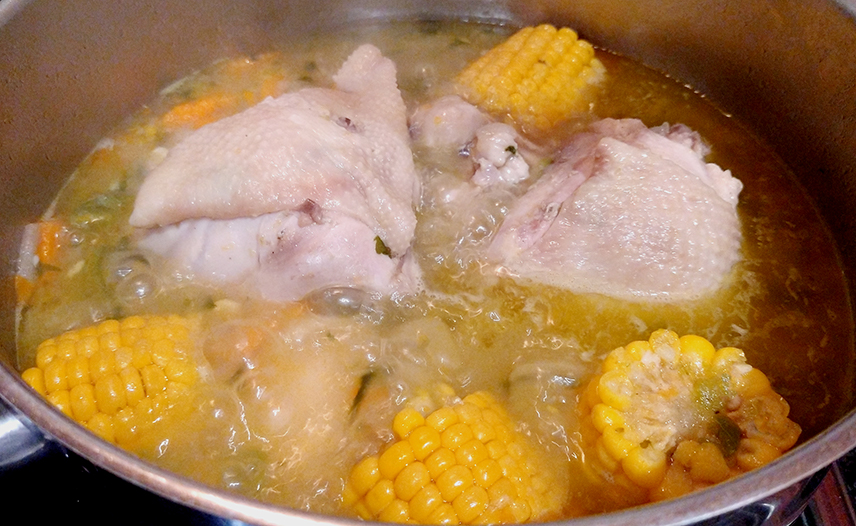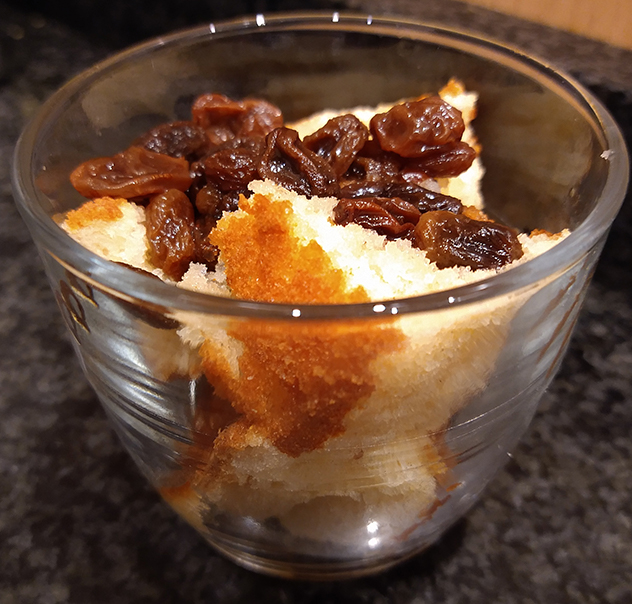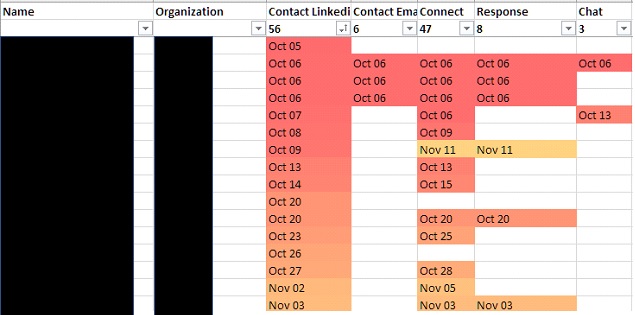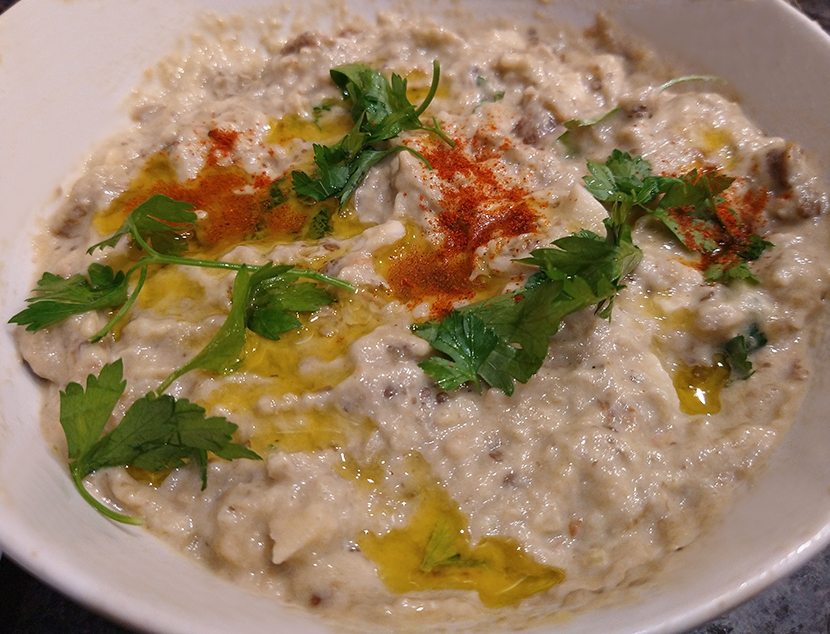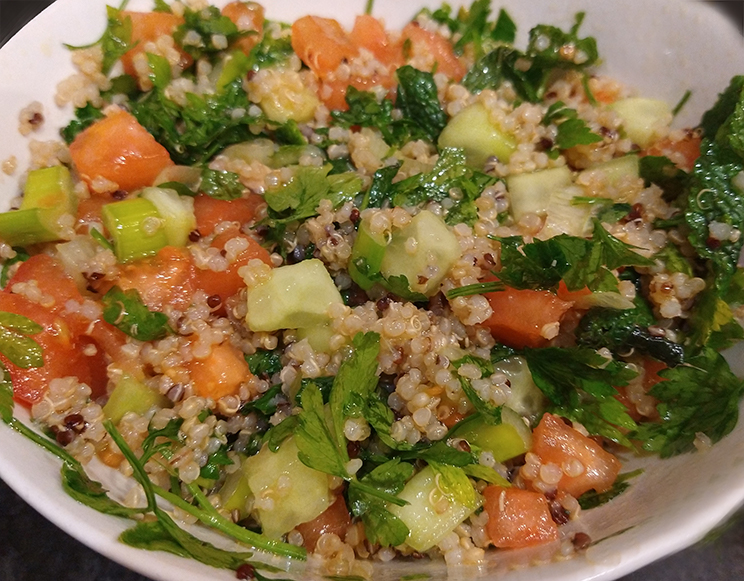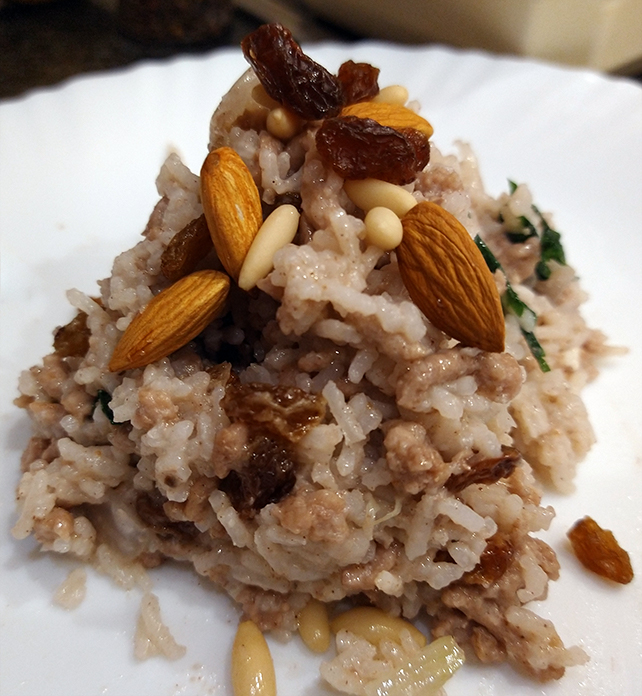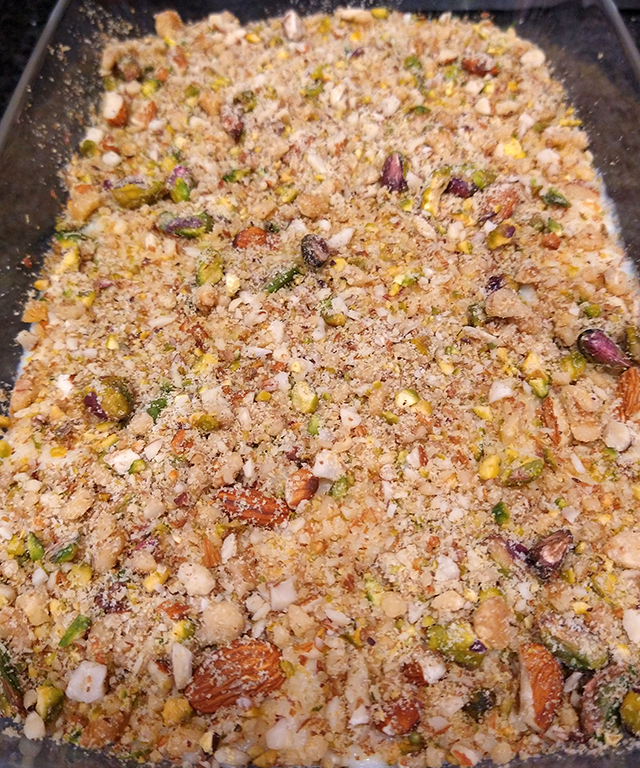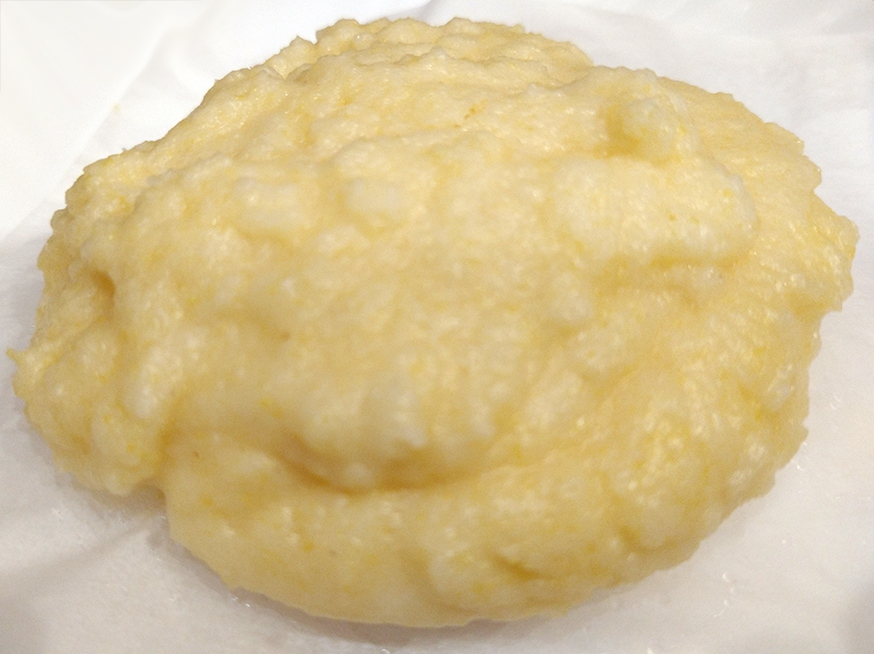Do Startup Employees Earn More in the Long Run? – I would have thought that startup employees would earn more, but this study in the Danish context found that startup employees ended up with less 17% less salary over the next 10 years. They attribute these to the following factors: selection effects of people who go to startups, the high failure rates causing unemployment periods and inability to return to larger employers.
Ten computer codes that transformed science – fascinating article on how computing has transformed the scientific process.
The Sequence Effect in Panel Decisions: Evidence from the Evaluation of Research and Development Projects – the book “When” summarizes how timing affects how people evaluate things like who would get a scholarship or who will win a competition. If you are evaluating 10 things and you already said yes three times in a row, you would probably tend to say no to the next one just to “balance” things out. Even experts are not immune to the sequence effect as shown by this study.
Artificial intelligence and management: The automation–augmentation paradox – When technologists discuss AI, they talk about how many jobs would be replaced due to automation. When economists discuss AI, they typically focus on how such transformational technologies are not new and that as history suggests, it would probably just augment the performance of workers. This article talks about how these distinction between automation and augmentation is false as these two are interrelated.
An empirical meta-analysis of the life sciences linked open data on the web – talks about the Life Sciences Linked Open Data cloud which enables researchers to seamlessly discover and integrate data from multiple data sources that had been openly available online but had previously been disconnected from one another.
